a portion of a novel by Caryll Houselander
Now they sang again, and the singing rocked and swayed with the movement of the sea, and it gathered in love and in sadness; but it was a sadness full of relief, for they were singing the Litany of the Blessed Virgin, and it gave a voice and words to the sorrow, and hope, and love, that was their daily bread and the salt of their lives.
It rocked and rocked their hearts with the movement of the sea. To the people of Riverside the sea was always present. Present in the hope, the fear, the waiting, the patience, of the mothers and sweethearts of the men who were out in ships. Present as they swept, and washed, and cooked. Present in their dreams in the night, and the Mother of Christ was both Mother of Men and Star of the Sea. She shone above the tall masts of the storm-driven ships, and the waves of the sea rocked in her light, and at home the cradles of the seamen’s children swung to and fro to the rhythm of the waves, rocked in the hands of the merciful Mother of Christ.
She was their pride and joy. The drabness and smeariness, and mediocrity of life, slipped away in the thought of her. She stood before the throne of God, their own and one of themselves.
Tower of Ivory!
Gate of Heaven!
Morning Star!
And in the city street and the narrow dark house, she was the white flower in the woods to them, the poetry and loveliness of their lives:
Mater purissima,
Mater castissima,
Mater inviolate,
Mater internerata,
Ora pro nobis!
The cadence of their love rocked to and fro, and flowed like waves round the foot of the monstrance.
The girls who had skimpy, washed-out clothes, tawdry finery and Woolworth’s rings, rejoiced because she, their Mother, was a Queen, Queen of Heaven, robed in its blue, crowned with its stars.
The mothers, the old women, and the men, put their cares into her hands and the rhythm of their singing rocked them into rest.
Salus infirmorum,
Refugium peccatorum,
Onsolatrix afflictorum,
Auxilium Christanorum,
Ora pro nobis!
Almost in the same breath, the Litany flowed into the “Tantum Ergo.” Again the bell rang out, loud and sweet and solemn, the bell of benediction. It shivered into silence. Silence possessed the people. Silence possessed the whole of Riverside.
Not the silence of emptiness, but of fullness, of a crescendo of expectation like a towering wave, gathered to the whole of its strength, lifted up to its fullest height, pausing in the moment of its upmost integrity, rolling on, to fling itself forward and break upon the rocks.
The flowers on the altar breathed the shimmering breath of the candle flame. The incense rose in straight blue lines through the haze of gold.
“Blessed be God.” Said the priest, and the wave broke, surging, tumbling, rushing forward in a torrent of praise.
“Blessed be God,” roared the people.
Blessed be God,
Blessed be His Holy Name.
Blessed be Jesus Christ, true God and true Man.
Blessed be the Name of Jesus.
Blessed be His most Sacred Heart.
Blessed be Jesus, in the most Holy Sacrament of the Altar.
Blessed be the Great Mother of God, Mary most holy.
Blessed be her holy and Immaculate Conception.
Blessed be the name of Mary, Virgin and Mother.
Blessed be St Joseph, her most chaste spouse.
Blessed be God, in His Angels and His Saints.
Now the “Adoremus” rose, gentle as a caress and flowing over the Sacred Heart, as Father Smith lifted It from the monstrance, put it back into the tabernacle and locked the door.
Benediction was over, but Miss Mulliger (organ player) maintained the fervor of the people as they crowded out into the street by thundering an improvisation of her own on the organ, a triumphant pot pourri of piety, incorporating all the most loved hymns with the most familiar marches, a number of indescribable chords and discords, sudden, almost frivolous trills, and melodies suspiciously like the popular song hits of the day.
Someone was waiting outside the church with news: “Willie is a little better.”
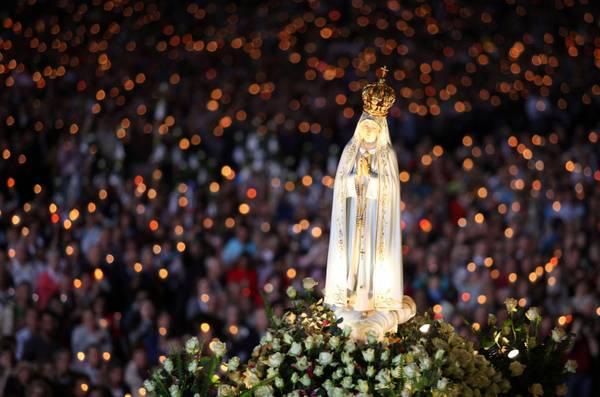
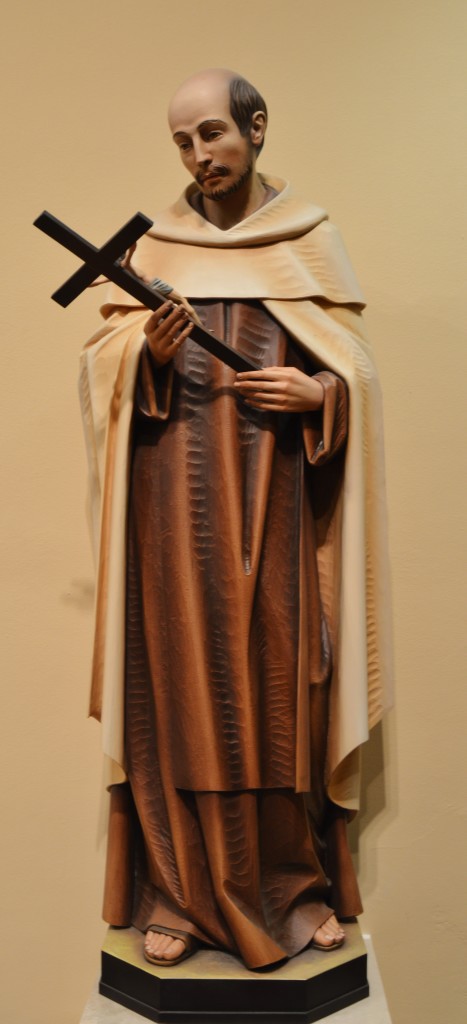



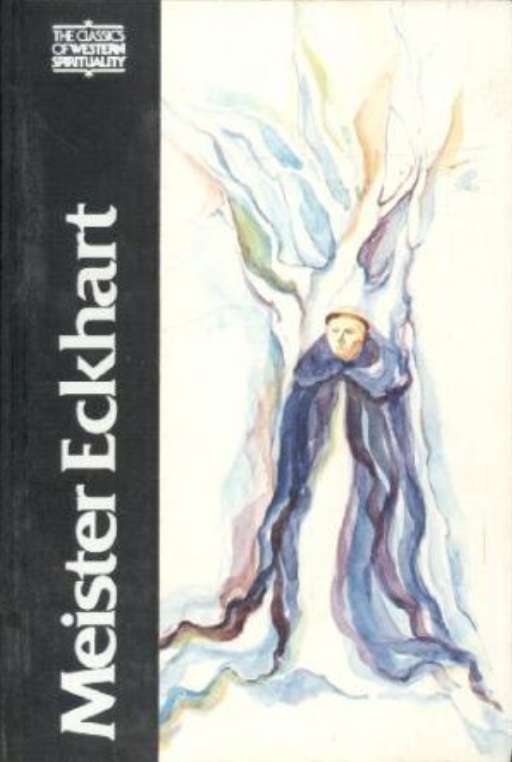

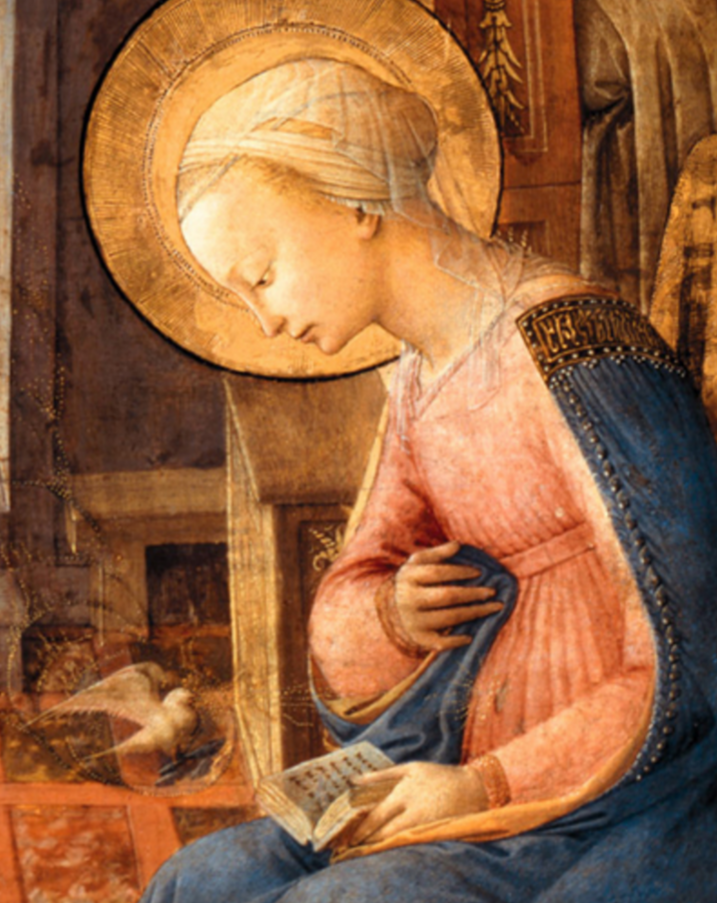


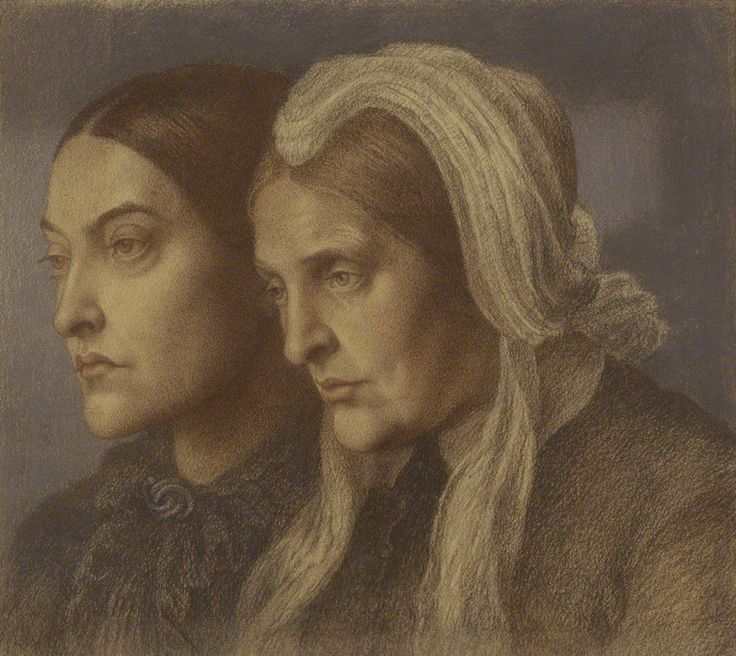

Recent Comments